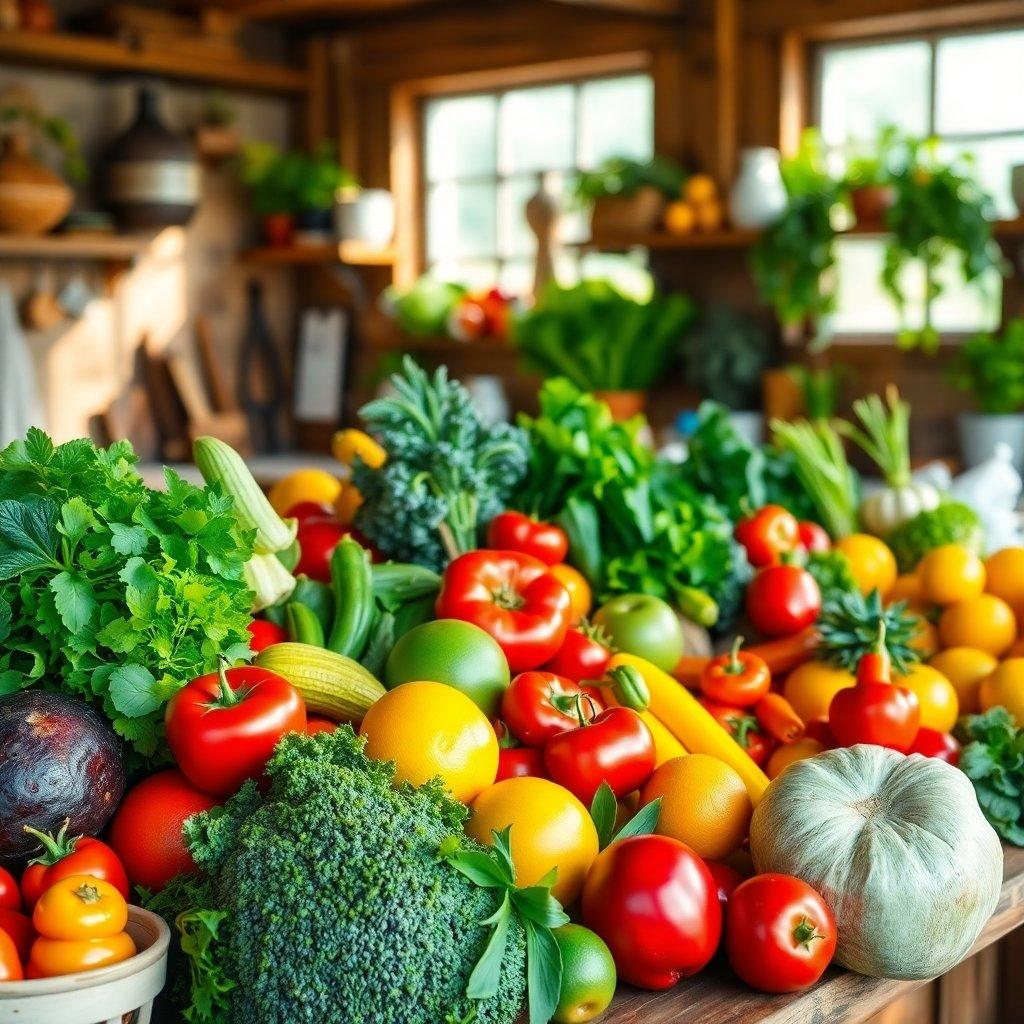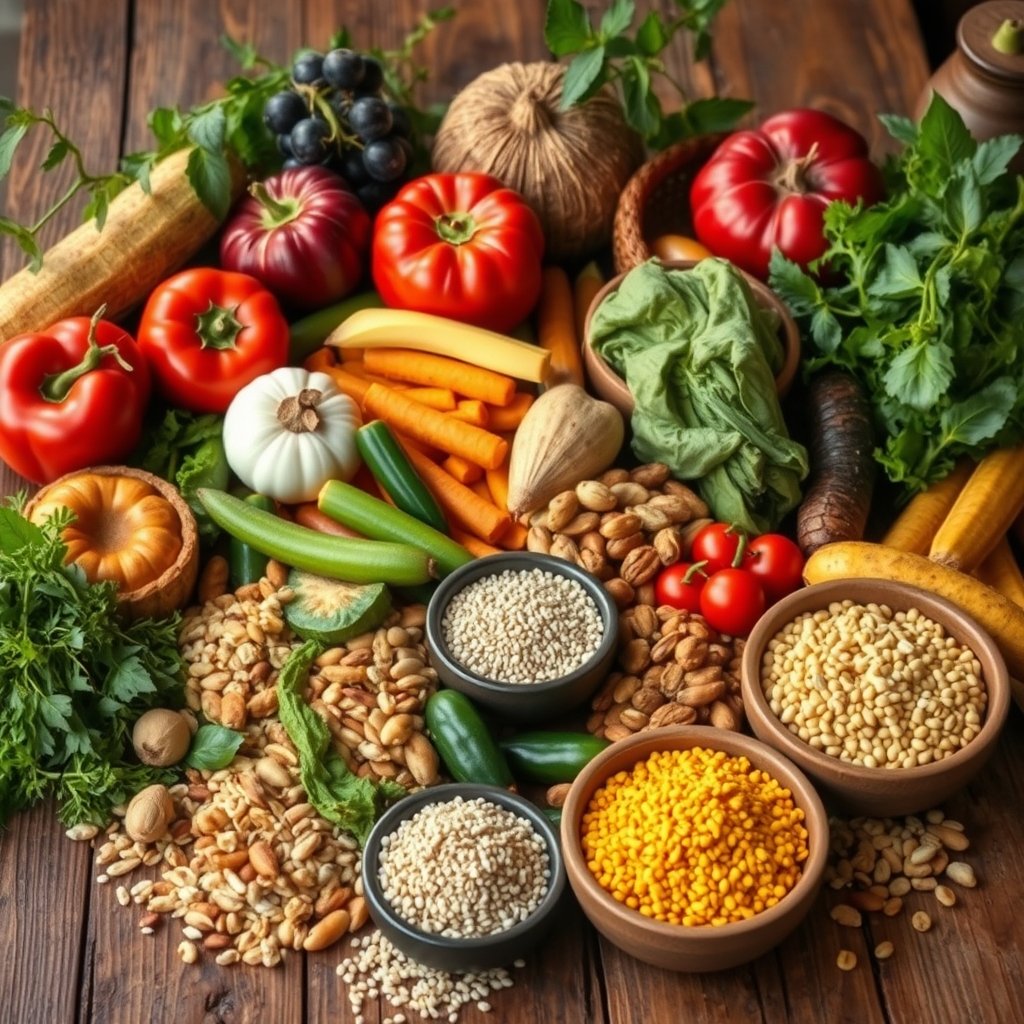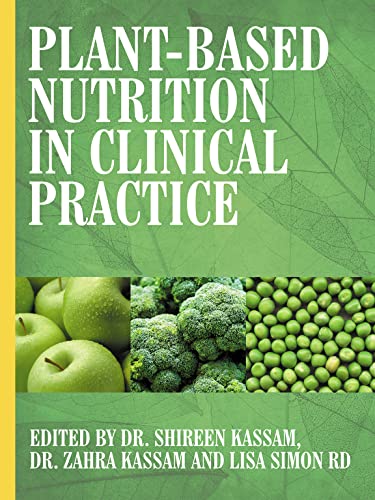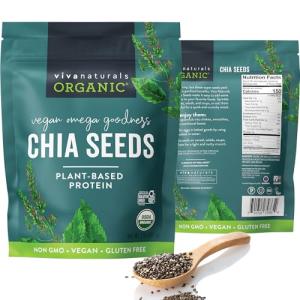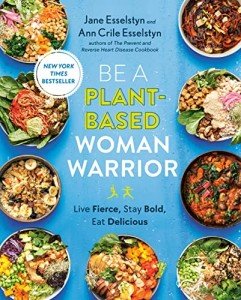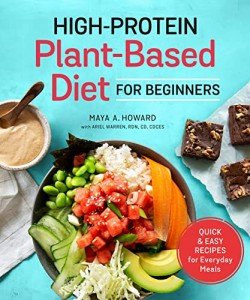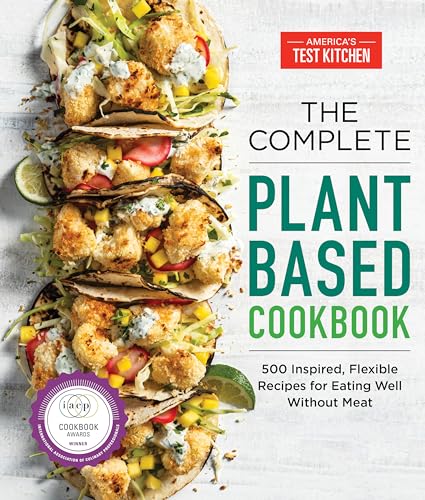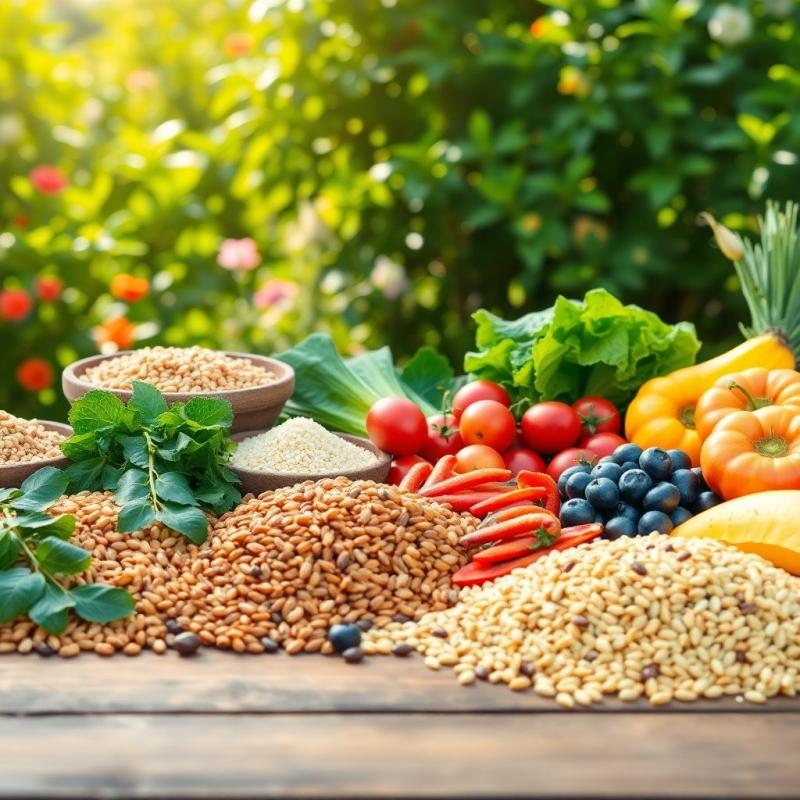Essential Nutrients: Thriving on a Plant-Based Diet
Embarking on a plant-based diet can provide numerous health benefits, but it is essential to ensure you are obtaining all the necessary nutrients to thrive. While animal products are a common source of several vital nutrients, there are plenty of plant-based options that can supply the same essential substances. By incorporating various plant-based powerhouses into your meals, you can easily meet your nutritional needs without compromising your dietary principles.
One of the critical nutrients that individuals on a plant-based diet need to pay attention to is protein.
While it is a misconception that plant-based diets lack protein, it is important to consume a variety of plant proteins to ensure you are getting all essential amino acids. Legumes such as lentils, chickpeas, and black beans are excellent sources of plant-based protein. Additionally, whole grains like quinoa and wild rice can provide a substantial amount of protein as well.
Vitamin B12 is another essential nutrient that is typically found in animal-based foods.
However, fortified plant-based products like breakfast cereals, soy milk, and nutritional yeast can be excellent sources of vitamin B12. Calcium, which is necessary for strong bones and teeth, can be obtained from plant-based sources such as kale, broccoli, and fortified plant-based milk. Including a variety of leafy green vegetables in your diet can help ensure you meet your calcium requirements.

Omega-3 fatty acids are crucial for brain health and reducing inflammation.
While fatty fish is a common source of these essential nutrients, they can also be found in plant-based options like flaxseeds, chia seeds, and walnuts. These power-packed food items not only provide omega-3 fatty acids but are also rich in fiber, antioxidants, and other beneficial compounds.
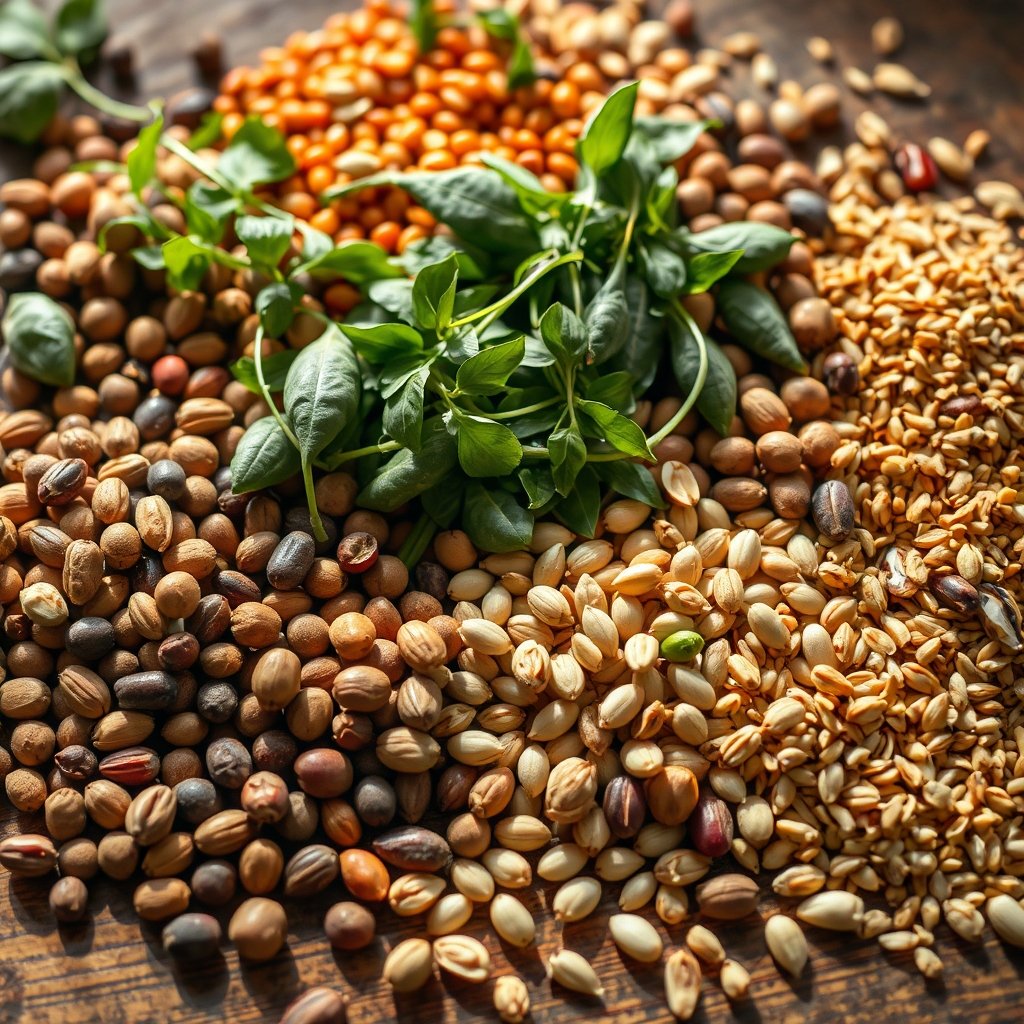
Meeting Your Protein Needs Without Animal Products
Contrary to popular belief, it is entirely possible to meet your protein needs without consuming animal products. Plant-based diets can provide all the essential amino acids required for optimal health and muscle growth. By incorporating a variety of plant-based protein sources into your meals, you can easily meet your daily protein requirements. While they may not provide as much protein as legumes or nuts, vegetables like spinach, broccoli, and Brussels sprouts still contain notable amounts of protein. Including a variety of vegetables in your meals not only enhances the protein content but also ensures you receive a wide range of vitamins, minerals, and antioxidants that are crucial for overall health.
Legumes, such as beans, lentils, and chickpeas, are excellent sources of protein.
They are not only rich in protein but also contain fiber and other essential nutrients. Adding legumes to your diet can provide the necessary protein and help maintain a healthy digestive system. Additionally, tofu and tempeh, made from soybeans, are versatile plant-based protein options that can be used in a wide range of dishes, from stir-fries to sandwiches.
Nuts and seeds are another great source of plant-based protein.
Almonds, peanuts, chia seeds, and hemp seeds are all protein-packed options that can be easily incorporated into your diet. You can sprinkle them on top of salads or add them to smoothies for an extra protein boost. Grains like quinoa and brown rice, along with pseudo-grains such as amaranth and buckwheat, also contain protein and can be a valuable addition to your meals.
The Mighty Trio: Calcium, Iron, and Vitamin B12 on a Plant-Based Diet
Transitioning to a plant-based diet offers numerous health benefits, but it's essential to ensure you're getting all the necessary nutrients. While some people may worry about meeting their calcium, iron, and vitamin B12 needs without consuming animal products, rest assured that it is entirely possible with the right knowledge and planning.
Calcium: Calcium plays a vital role in maintaining strong bones and teeth, as well as supporting proper nerve function. While dairy products are a rich source of calcium, these can easily be replaced in a plant-based diet. Opt for calcium-fortified plant milks, such as soy and almond milk, as well as tofu, tempeh, and leafy greens like kale and broccoli. It's also worth noting that consuming vitamin D helps the body absorb calcium more efficiently, so consider spending time outdoors to soak up some sunlight or including vitamin D-fortified foods.
Iron: Iron is essential for transporting oxygen throughout the body and preventing anemia. Although iron in plant-based foods is non-heme iron, which isn't as easily absorbed as heme iron found in animal products, it can still be obtained through a well-balanced plant-based diet. Incorporate iron-rich foods like lentils, tofu, chickpeas, quinoa, and spinach into your meals. Enhance iron absorption by consuming foods high in vitamin C, such as citrus fruits, berries, and bell peppers.
Vitamin B12: Vitamin B12, often found in animal products, is vital for maintaining healthy nerve cells and producing DNA. Plant-based sources of this important vitamin are limited, so it's crucial to consider supplementation or fortified foods. Look for plant-based milks, breakfast cereals, and plant-based meat alternatives that are fortified with vitamin B12. Alternatively, talk to a healthcare professional about the most suitable B12 supplement for you.
So remember to always have these superfoods to help boost your immunity and vitality
Transitioning to a plant-based diet can be a wonderful choice for your health and the environment. By incorporating plant-based superfoods into your meals, you can provide your body with essential nutrients that help boost immunity and increase vitality. These superfoods are loaded with vitamins, minerals, and antioxidants that play a vital role in supporting overall well-being.
Leafy Greens: The Nutrient Powerhouses
Leafy greens like kale, spinach, and Swiss chard are packed with vitamins A, C, and K, as well as iron, calcium, and fiber. These nutritional powerhouses help strengthen your immune system, reduce inflammation, and support healthy digestion. You can easily incorporate leafy greens into your diet by adding them to salads, smoothies, or sautéing them as a side dish.
Berries: Nature's Antioxidant-Rich Treats
Blueberries, strawberries, and raspberries are not only delicious but also loaded with antioxidants and phytochemicals. These compounds contribute to a strong immune system, fight oxidative stress, and promote healthy aging. Berries can be enjoyed on their own, mixed into yogurt, or added to oatmeal for a tasty and nutritious boost.
Legumes: Powerhouses of Protein and Fiber
Beans, lentils, and chickpeas are excellent sources of plant-based protein, iron, and dietary fiber. Protein is essential for repairing and building tissues, while fiber helps maintain a healthy gut. Legumes are versatile and can be used in soups, stews, salads, or mashed into flavorful dips like hummus.
$67.55
$52.49
4.34 out of 5 starsPlant-Based Nutrition for Effective Weight Loss
Fuel your weight loss journey with the power of plant-based nutrition
Product information
Product Review Score
Product links
